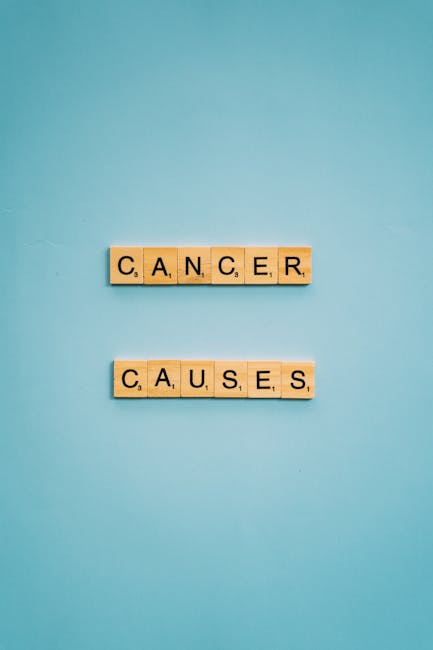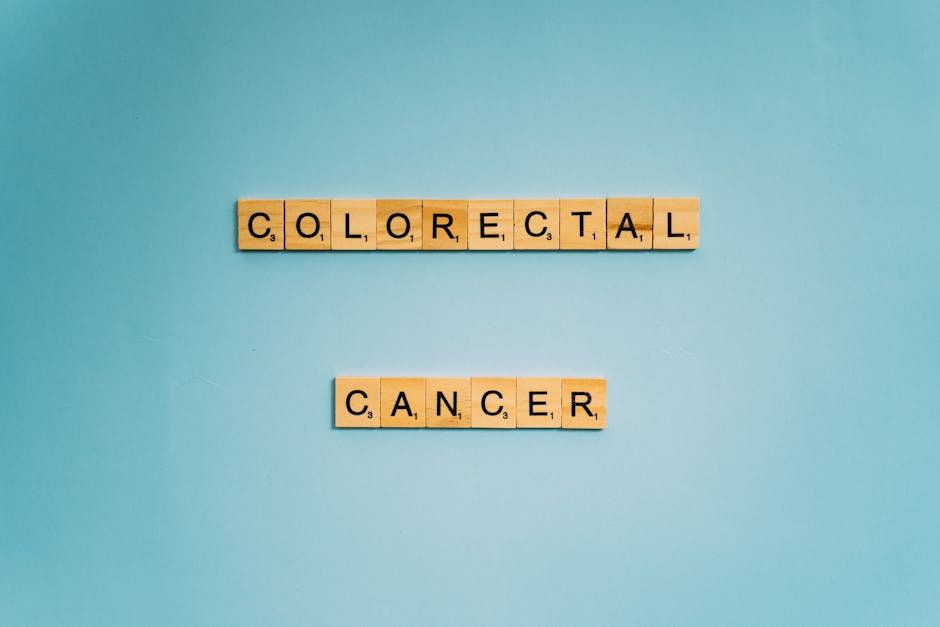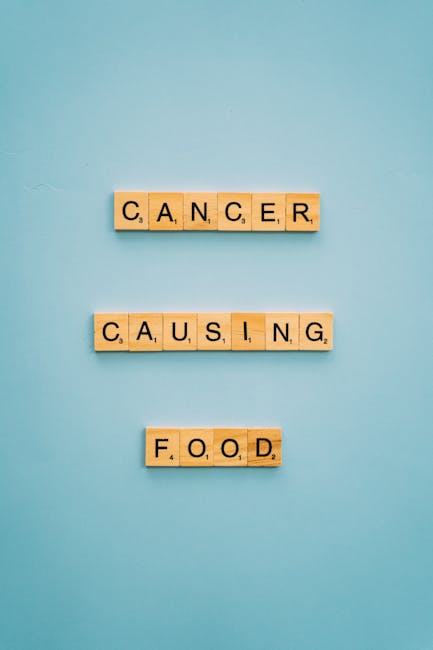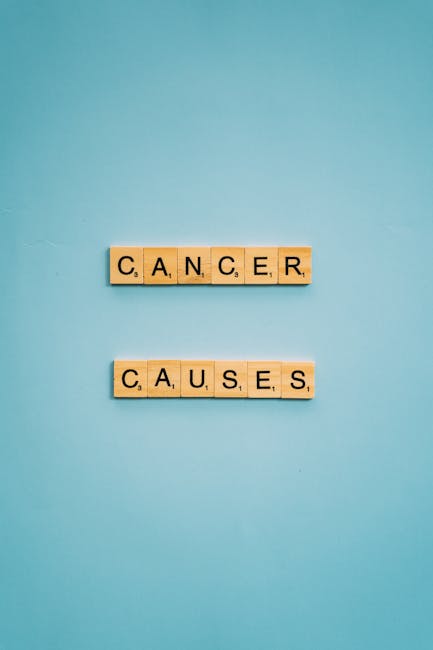Colorectal Cancer: Understanding, Prevention, and Treatment Options
Colorectal cancer, encompassing cancers of the colon and rectum, is a significant global health concern. Understanding its causes, risk factors, detection methods, and treatment options is crucial for early intervention and improved outcomes. This comprehensive guide delves into the intricacies of colorectal cancer, empowering you with the knowledge to take proactive steps towards your health.
What is Colorectal Cancer?
Colorectal cancer develops when abnormal cells in the colon or rectum grow uncontrollably, forming tumors. The colon is the large intestine, responsible for absorbing water and electrolytes from digested food. The rectum is the final section of the large intestine, storing stool before elimination. Cancers can be either adenocarcinomas (originating from glandular cells lining the colon and rectum), which account for the vast majority of cases, or other rarer types.
Types of Colorectal Cancer
Colorectal cancers are categorized based on their location and characteristics:
- Adenocarcinoma: The most common type, originating from the glandular cells lining the colon and rectum.
- Adenomas: Non-cancerous growths that can develop into cancer if left untreated. These are often detected through colonoscopies.
- Carcinoid tumors: Rare, slow-growing tumors that originate from neuroendocrine cells in the digestive tract.
- Lymphoma: Cancer of the lymphatic system that can sometimes affect the colon or rectum.
- Sarcomas: Rare cancers originating from the connective tissue of the colon or rectum.
Risk Factors for Colorectal Cancer
Several factors increase the risk of developing colorectal cancer:
- Age: Risk increases significantly after age 50.
- Family history: Having a close relative with colorectal cancer significantly increases risk.
- Personal history of polyps or colorectal cancer: Previous polyps or colorectal cancer greatly increases the risk of recurrence.
- Inflammatory bowel disease (IBD): Conditions like ulcerative colitis and Crohn’s disease increase the risk.
- Diet low in fiber and high in red and processed meats: Dietary habits play a significant role.
- Physical inactivity: Lack of exercise is associated with increased risk.
- Obesity: Being overweight or obese increases risk.
- Smoking: Smoking significantly increases the risk of colorectal cancer.
- Excessive alcohol consumption: Heavy drinking is a risk factor.
- Type 2 diabetes: Individuals with type 2 diabetes have a higher risk.
Symptoms of Colorectal Cancer
Early-stage colorectal cancer often has no noticeable symptoms. As the cancer progresses, symptoms may include:
- Changes in bowel habits, such as persistent diarrhea or constipation.
- Rectal bleeding or blood in the stool.
- Persistent abdominal discomfort, such as cramps, gas, or pain.
- Feeling that the bowel doesn’t empty completely.
- Weakness or fatigue.
- Unexplained weight loss.
Important Note: These symptoms can also be caused by other, less serious conditions. If you experience any of these, consult a doctor for proper diagnosis.
Screening and Diagnosis
Early detection is crucial for successful treatment. Regular screening is recommended starting at age 45 for most individuals, or earlier if there’s a family history or other risk factors. Screening methods include:

- Colonoscopy: A visual examination of the colon and rectum using a flexible tube with a camera.
- Sigmoidoscopy: Similar to a colonoscopy, but examines only the lower portion of the large intestine.
- Stool tests: Tests that check for blood or abnormal DNA in the stool.
If screening tests detect abnormalities, further investigations like biopsies may be necessary to confirm a diagnosis.

Treatment Options for Colorectal Cancer
Treatment options depend on the stage and type of cancer, as well as the individual’s overall health. Common treatments include:
- Surgery: The primary treatment for most colorectal cancers, involving the removal of the tumor and surrounding tissue.
- Chemotherapy: Using drugs to kill cancer cells.
- Radiation therapy: Using high-energy radiation to kill cancer cells.
- Targeted therapy: Using drugs that target specific molecules involved in cancer growth.
- Immunotherapy: Using the body’s immune system to fight cancer cells.
Preventing Colorectal Cancer
While not all colorectal cancers are preventable, lifestyle modifications can significantly reduce risk:

- Maintain a healthy diet: Emphasize fruits, vegetables, and whole grains; limit red and processed meats.
- Regular exercise: Aim for at least 150 minutes of moderate-intensity aerobic activity per week.
- Maintain a healthy weight: Avoid obesity.
- Avoid smoking: Quit smoking if you currently smoke.
- Limit alcohol consumption: Drink alcohol in moderation, if at all.
- Regular screening: Follow recommended screening guidelines.
Colorectal cancer is a serious disease, but early detection and appropriate treatment significantly improve survival rates. By understanding the risk factors, symptoms, and available treatments, you can take proactive steps to protect your health.

